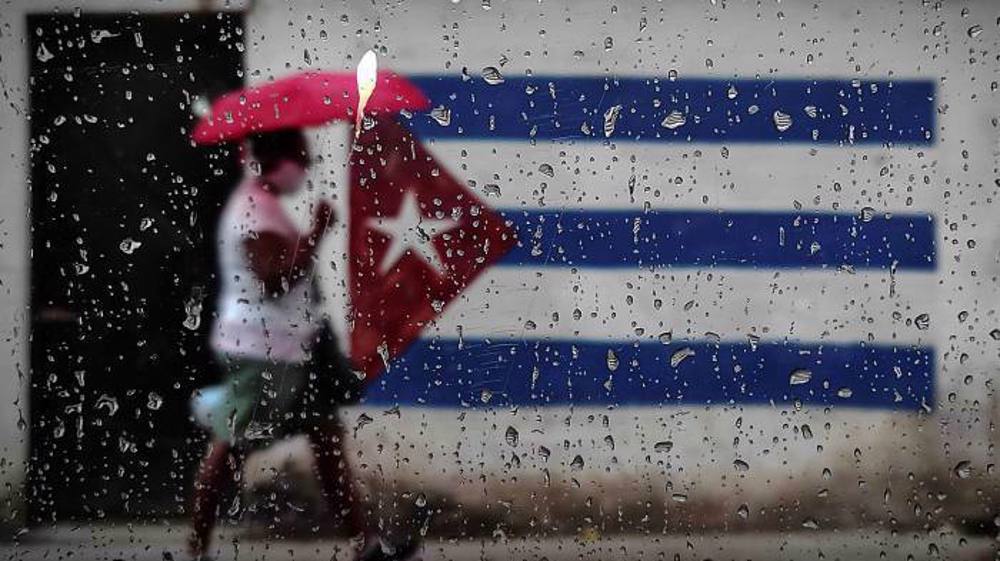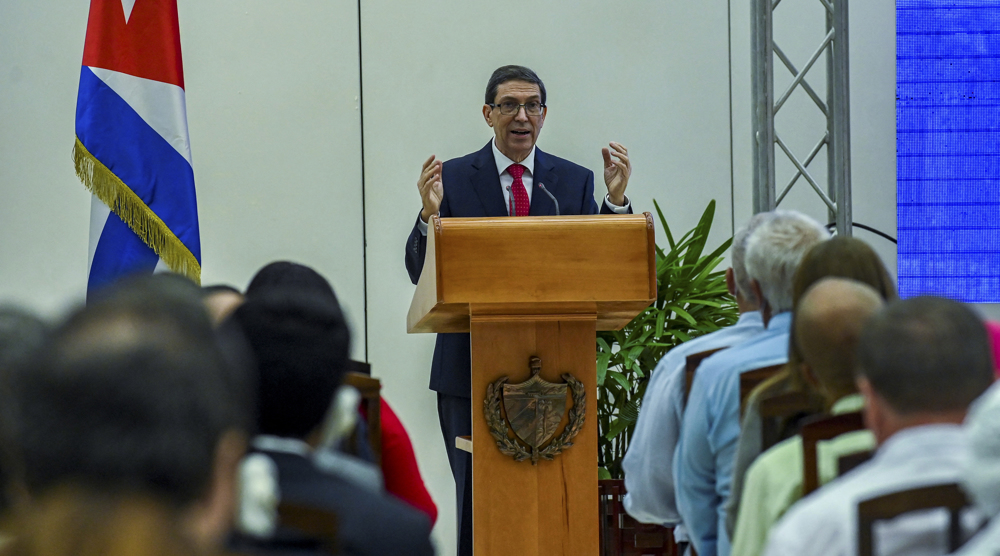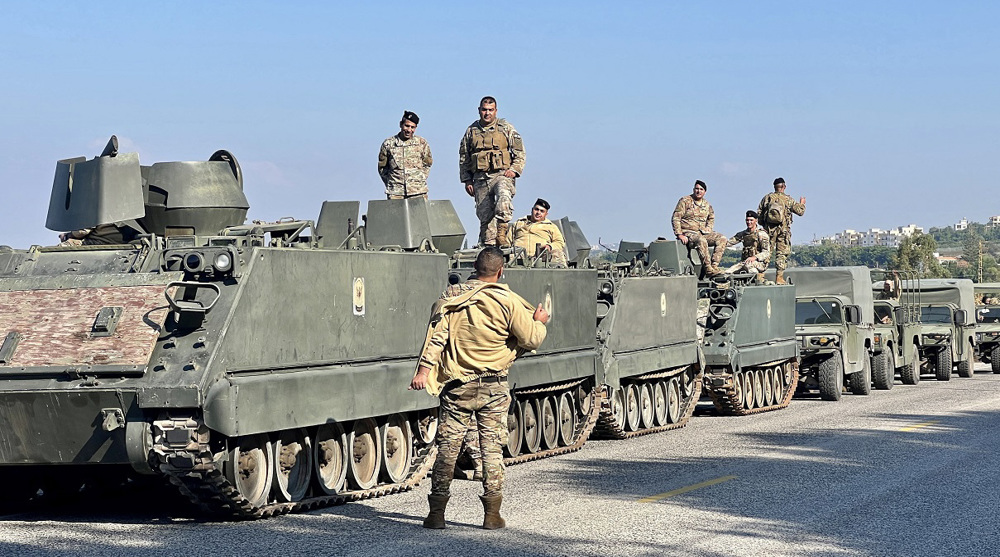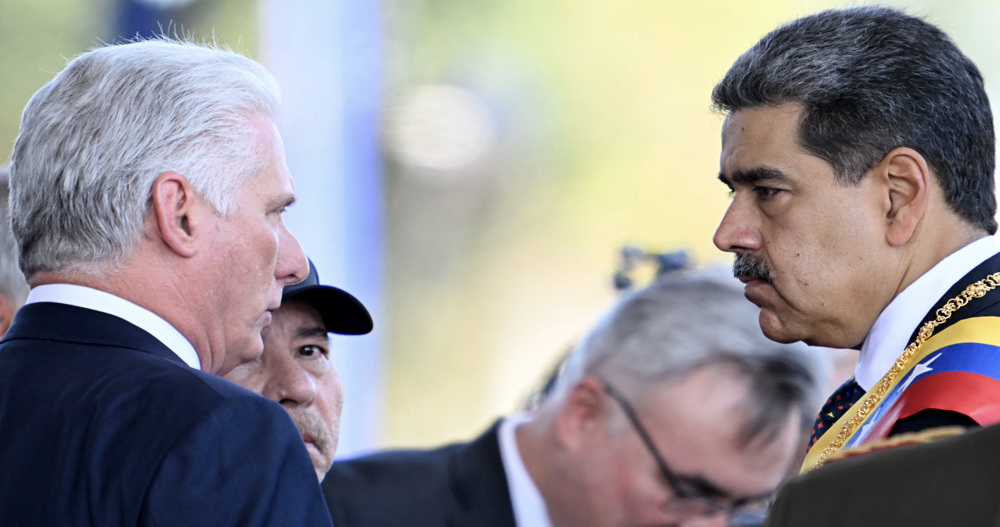US slaps travel bans on 8 Cuban officials, Havana calls it 'unilateral coercive measure'
The US government on Thursday announced restrictions on visa issuance for eight Cuban government officials, accusing them of repressing protests that rocked the Caribbean country in July 2021.
In a statement, the US Secretary of State Antony Blinken accused Cuban officials of trying to “silence the voices of the Cuban people through repression, unjust detentions and harsh prison sentences”.
“The US imposed visa restrictions on 8 Cuban government officials. Those who jail peaceful protesters and sentence them to unjust prison terms must be held accountable. We stand with the Cuban people in their fight for freedom,” the top American diplomat said.
The U.S. imposed visa restrictions on 8 Cuban government officials. Those who jail peaceful protesters and sentence them to unjust prison terms must be held accountable. We stand with the Cuban people in their fight for freedom.
— Secretary Antony Blinken (@SecBlinken) January 6, 2022
He did not specify the names of officials barred from entering the country but said all of them had role in the detention, sentencing, and imprisonment of July 11 protesters in Cuba.
Hitting back at the US, Cuban foreign minister Bruno Rodriguez said Washington was “persisting in its bad manner to impose its will on other governments via unilateral measures".
“The announcement made today by the Secretary of State in no way alters Cuba's determination to defend its sovereign rights,” Rodriguez said in a tweet.
The US government persists in the bad habit of trying to impose its will on other governments by means of unilateral coercive measures. The announcement made today by the Secretary of State in no way alters #Cuba's determination to defend its sovereign rights.
— Bruno Rodríguez P (@BrunoRguezP) January 6, 2022
The Joe Biden administration on November 30 imposed visa restrictions on nine high-ranking Cuban officials after Cuban authorities refused to allow a mass protest, scheduled for November 15.
Rodriguez, in response, warned that Havana will not allow “the persistent aggression by the United States government, its intense and constant attempts... to create conditions for internal destabilization, to alter the citizens’ calm and security.”
“There have been 29 statements from the United States government and influential figures in that nation's congress since September 22 alone... all aimed at encouraging, guiding, instigating destabilization actions in our country,” he told reporters then.
Before that, a slew of sanctions were slapped on members of Cuban law enforcement agencies in July and August.
On July 11, Cuba was rocked by mass protests that took place in several cities simultaneously. The US accused Cuba of gross violations of human rights, while Cuba blamed Washington for fanning the riots.
It was a new low in their relations, which have been marked by hostilities since early 1960s when the US announced sanctions against Cuba, followed by a near-total embargo that led to breakdown of diplomatic relations between them.
In 1982, Cuba was included in the US list of states sponsoring terrorism.
In 2014, then-President Barack Obama and his Cuban counterpart Raul Castro made a move toward rapprochement, which saw Obama lifting a number of sanctions against Cuba.
However, Obama’s successor Donald Trump restored the sanctions. Biden, who pledged to revise the US policy towards Cuba, has ended up following on the steps of his predecessors.
'Capitulation': Israeli officials and media concede Gaza defeat as truce unfolds
'Gaza has won': Social media users react to ceasefire with mix of relief, joy
Iran seeks South Korea’s assistance for AI, fiber-optic projects
VIDEO | Iran's 'Eqtedar' (Power) maneuver
Israel hits HTS military target in Syria for 1st time since fall of Assad
VIDEO | Press TV's news headlines
Israel has slaughtered 13,000 students in Gaza, West Bank
VIDEO | More Zionist than Zionists: Biden’s legacy to be defined by Gaza genocide











 This makes it easy to access the Press TV website
This makes it easy to access the Press TV website